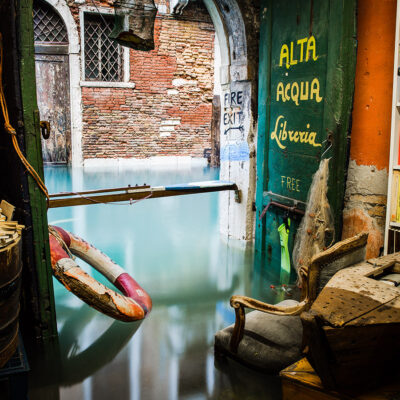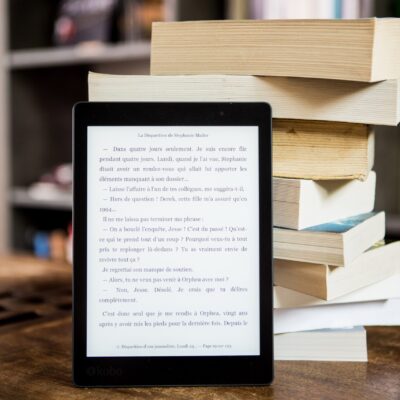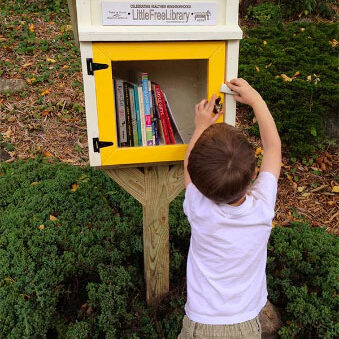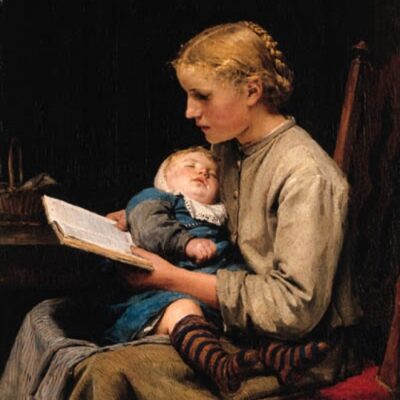On Earth We’re Briefly Gorgeous by Ocean Vuong
Yes, we are! And some of us write novels that are always and forever gorgeous. It is impossible to describe in my own words the brilliance of Ocean Vuong, so I have taken the content for this write-up from interviews, especially one given at the Strand Book Store in New York City on June 5, 2019 with Jacqueline Woodson.
Ocean Vuong was born on a Vietnamese rice farm; came to this country as a refugee at age 2; grew up in a working-class neighborhood in Hartford, Connecticut; and was raised by his mother, grandmother and aunt when his father left the family. Although he could not read or write until he was in third grade, he was raised in the oral tradition and was not without imagination. He has stated that he learned to tell stories at the feet of women who used words to give themselves power. He began his writing career as a poet and in 2016, his collection of poems, Night Sky with Exit Wounds, won him comparisons to Emily Dickinson and some of the poetry world’s highest honors, including the $50,000 Whiting Award. On Earth We’re Briefly Gorgeous, his debut novel published by Penguin Press on June 4, 2019, takes its title from one of the collection’s poems.
On Earth We’re Briefly Gorgeous is written in the first-person narrative with an eye cast outward so that readers get a sense of character by how the narrator perceives the world. The narrator is navigating his life and his upbringing by his mother and his grandmother who suffer from mental illness having experienced the war in Vietnam and its after-effects. Although the writing is intense and sheds a spotlight on topics readers sometimes avoid, there is hope woven through the narrative. The author finds joy and delight without forsaking the trials and tribulations the novel’s characters’ experiences. Difficulties inform joy, the author has stated.
The quote that I have provided appears at the very beginning of the novel and gives a glimpse of the way in which the author provides merciful light in the midst of darkness.
That time when I was five or six, and playing a prank, leapt out at you from behind the hallway door, shouting, “Boom!” You screamed, face raked and twisted, then burst into sobs, clutched your chest as you leaned against the door, gasping. I stood bewildered, my toy army helmet tilted on my head. I was an American boy parroting what I saw on TV. I didn’t know that the war was still inside you, that there was a war to begin with, that once it enters you it never leaves—-but merely echoes, a sound forming the face of your own son. Boom.
That time, in third grade, with the help of Mrs. Callahan, my ESL teacher, I read the first book that I loved, a children’s book called Thunder Cake by Patricia Pocacco. In the story, when a girl and her grandmother spot a storm brewing on the green horizon, instead of shuttering the windows or nailing boards on the doors, they set out to bake a cake. I was unmoored by this act, its precarious yet bold refusal of common sense. As Mrs. Callahan stood behind me, her mouth at my ear, I was pulled deeper into the current of language. The story unfurled, its storm rolled in as she spoke, then rolled in once more as I repeated the words. To bake a cake in the eye of a storm; to feed yourself sugar on the cusp of danger. [p. 4]
















